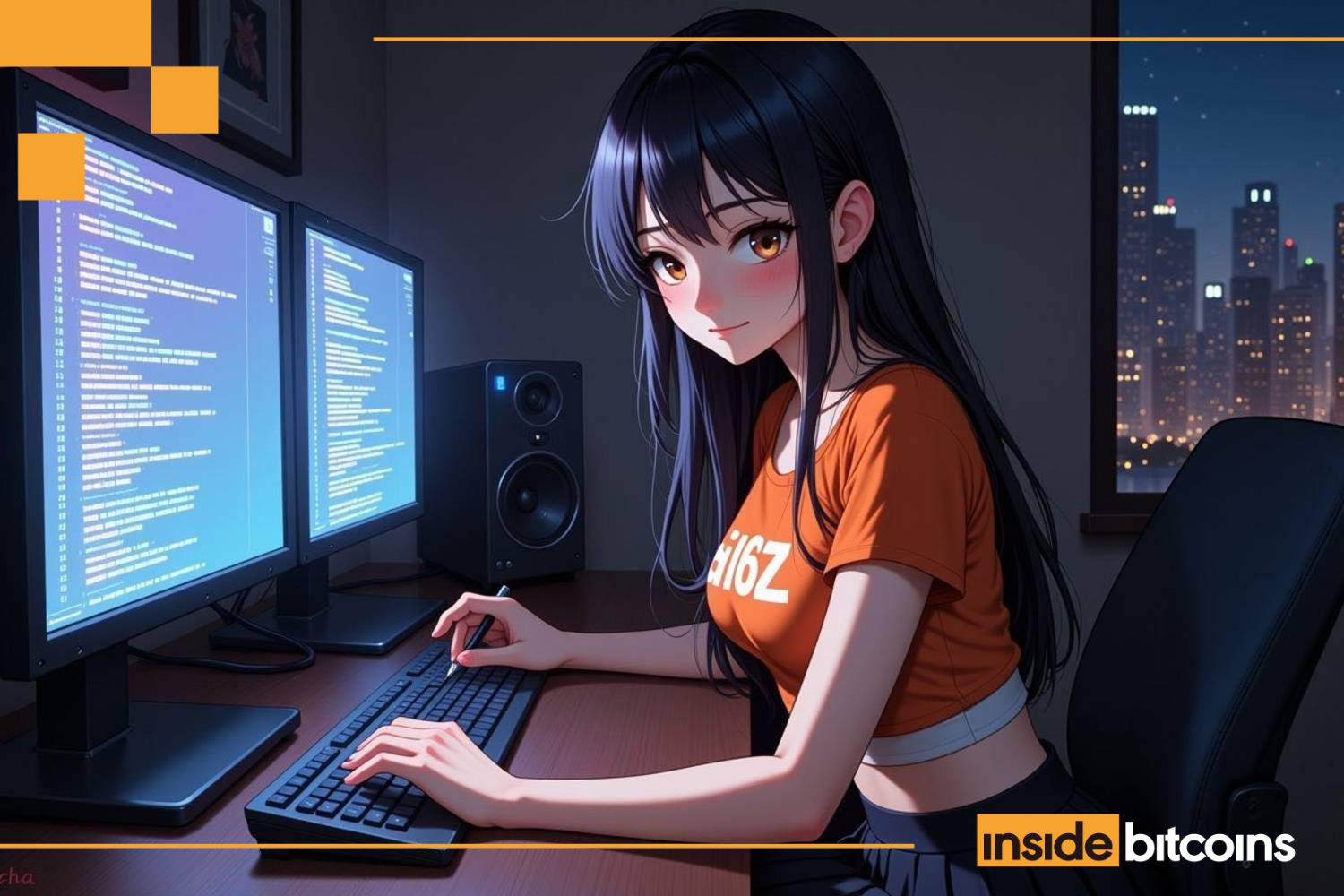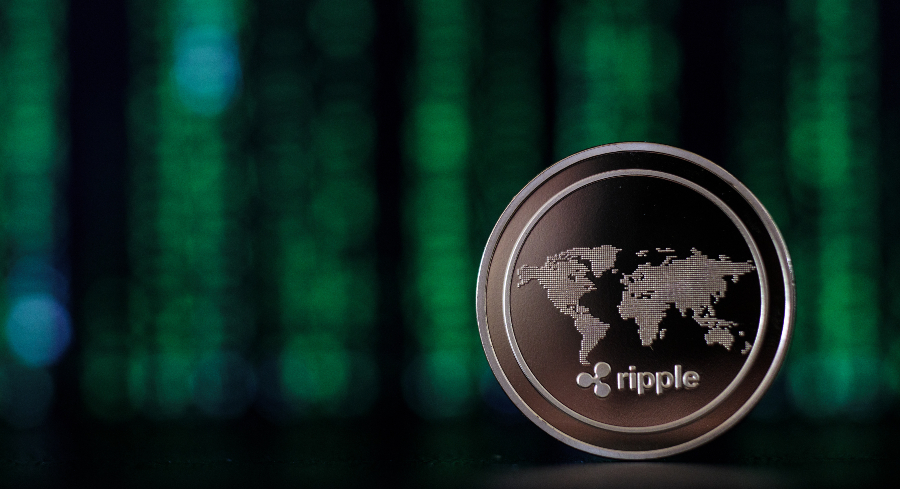Seismic shifts are being wrought in the world today by emerging technologies like artificial intelligence (AI), cryptocurrencies, blockchain and Web3, among others. Then there is the ever increasing urgency to bring in regulations regarding data privacy, cyber security, cross-border data flows, and the power being wielded by big tech companies. Another debilitating challenge that countries are confronted with today is the growing need for semiconductors, the technology required to produce them and their distribution—that has become a pawn in the high-stakes geopolitical game playing out in the global arena. It is in this backdrop that India assumed the G20 presidency for 2023 in December 2022, and the moment is ripe for crucial deliberations on these tech policy matters that hold unprecedented importance for the future.
Hence, the upcoming G20 Leaders’ Summit to be held in New Delhi in September could be an opportune moment to forge international consensus on regulating these technologies. And while there are plenty of challenges to overcome, the presidency of G20 also presents a significant opportunity for India to showcase and pitch the domestically-developed India Stack—that has spearheaded significant financial and social inclusion in the country—as a replicable service across nations where it could be beneficial.
Expressing his enthusiasm about the opportunity it presents to put the India Stack on the global map, Ashwini Vaishnaw, Minister of IT told Business Today earlier this year, “In the G20 summit, we will be showcasing our technological capabilities to the world. Global players are very keen on our growth story”.
Government officials note that NPCI International Payments, the international subsidiary of National Payments Corporation of India—that operates the Unified Payments Interface (UPI) in India—is already in talks with France, Saudi Arabia, Japan, the UK, the US, Canada, Russia, Indonesia and other G20 countries to make the payments system truly global. Discussions have also been held to export other APIs (application programming interfaces) of the India Stack to some G20 and other countries.
It is not just UPI. At the third G20 Digital Economy Working Group meeting, four countries—Armenia, Sierra Leone, Suriname, and Antigua and Barbuda—also signed MoUs with India to take the India Stack back home. “We want everyone to see the capabilities of the India Stack, be it UPI, DigiLocker, Aadhaar, etc. We want to take the India Stack across the world. And it has already started happening; many countries have shown interest in UPI,” says Alkesh Kumar Sharma, Secretary at the Ministry of Electronics and Information Technology (MeitY).
Apart from taking the India Stack global, industry players believe that India’s presidency of the G20 comes at a time when policymakers and regulators around the world are looking for common ground to sketch out regulations for emerging technologies like AI and cryptocurrencies—that have so far defied conventional nation-state boundaries, but whose impact can be disastrous if left unchecked.
It is in this context that Sam Altman, CEO of OpenAI, had told BT during his visit to the country earlier this year that India could steer the G20 member countries towards global AI regulations that mitigate the risks associated with generative AI, and still ensure that innovation in the space is not curtailed.
Experts say the task at hand for India is not just to advocate for guard rails around AI that prevent misuse, but also promote regulations that can check the anti-competitive practices of big players, while ensuring that companies big and small have a fair shot at bringing in more innovation in the space.
“What is driving this advancement in AI is essentially twofold. One, the highly powerful GPU chipsets and two, the data that underlies the model,” says Bhaskar Roy, Client Partner for Asia-Pacific at Fractal Analytics, adding that companies don’t have equitable access to data. “For example, if I were to start my own company today, I have three ways in which I can access new data to actually build a product. First of course are open sources that are available. Second, I can go and buy data from some of these large corporations. Third is to go and do primary research and collect data on my own, which is extremely expensive.”
He suggests that the G20 members should work on building data sandboxes that provide equitable access to data for all. “One way to address this is to establish data-sharing sandboxes where data could be anonymised and made available for the larger public good, so that all the players get a fair shot at new developments in the field of AI,” he explains.
On this, MeitY Secretary Sharma says that India has already been spearheading discussions on AI regulations during the G20 meetings, and also plans to take up the matter at the Global Partnership on Artificial Intelligence (GPAI) Summit 2023 that is to be held later this year, and which is being chaired by India for 2022-23.
While experts agree that advanced chipsets and semiconductors are critical to drive tech innovation, they say that these technologies are increasingly becoming tools of diplomatic warfare between countries. Neil Shah, VP of Research at market research firm Counterpoint, says: “At this point, semiconductors are crucial not just for technological advancements but also as a means to assert power in global geopolitics. Everyone wants the most advanced fabs and chips because it would give their country an edge on the technology front. And they are being used by existing leaders to assert dominance. An example is the US sanction on export of NVIDIA chips to China”.
Industry insiders say that politics aside, such machinations could be detrimental to overall technological advancements. They highlight the impact forums such as G20 can have in ensuring that supply of such products and services do not suffer in the long run. “All leading countries and economies need to sit together to understand whether these (semiconductors) should be monopolised by certain countries, either by way of producing it, or even by way of sanctions that are being imposed, or should there be equal access,” says Roy.
Counterpoint’s Shah notes that despite the heightened need for an open dialogue, something along those lines is unlikely to happen during the upcoming summit due to the underlying geopolitics between member countries. “I doubt any big announcements would explicitly be made, especially because of China’s presence,” explains Shah. “But certainly, closed door, one-on-one meetings to discuss semiconductors are most likely to happen.”
Despite his reservations, Shah says that all the G20 members and other countries stand to benefit if they collaborate on semiconductor use-cases. “G20 is also an opportunity to draw collaborative deals that bring down the costs of certain technologies. For instance, in the telecom sector, with the development of every ‘G’ (generation of telecom service), billions of dollars have to be pumped in to build the infrastructure to support it,” he says, highlighting the example of the 5G roll-out that saw billions of dollars being invested just to build the infrastructure. “But shared efforts towards advancing Random Access Networks (in which each device has an equal privilege to access the network and transmit data) would significantly cut down the costs, and benefit end users.”
Finance minister Nirmala Sitharaman has mentioned during Finance Track meetings that India is spearheading global regulations around crypto assets as the G20 President. Further, in early August, India released a ‘Presidency Note as an input for a Roadmap on Establishing a Global Framework for Crypto Assets’ that aims to minimise consumer and other risks derived from crypto-assets, while respecting jurisdictional contexts.
Kavita Gupta, Founder and Managing Partner of Delta Blockchain Fund and Advisor to the Center for Capital Markets Competitiveness at the U.S. Chamber of Commerce, who was also a panellist at the Startup20 Sikhar Summit held in Gurugram recently, highlighted that the current framework to regulate crypto assets will try its best to prevent regulatory arbitrage. “It is important to regulate cryptocurrencies to safeguard retail investors, and ensure that the technology is not used by bad actors. Moreover, G20 is a platform where regulations will be framed in a way that prevents regulatory arbitrage. But regulations should be spearheaded in a way that innovation is not curbed; that we don’t lose out on real-world use cases of the underlying technologies.”
She adds that India can also showcase to the world how it has leveraged tech like blockchain and NFT in various use cases. For example, the Maharashtra government has issued over 65,000 tribal caste certificates using a public blockchain in Gadchiroli, while the West Bengal government plans to maintain land records in New Town, Kolkata, by minting their non-fungible tokens (NFT).
Be it AI, crypto, semiconductors, or big tech regulation, India’s G20 presidency marks a turning point in shaping tech policies across the world. Further, by showcasing the India Stack and spearheading collaborations on various other crucial tech policy matters and regulations, India is concretely pushing towards a more inclusive and innovative global digital era.
@aakancvedi
Credit: Source link















































